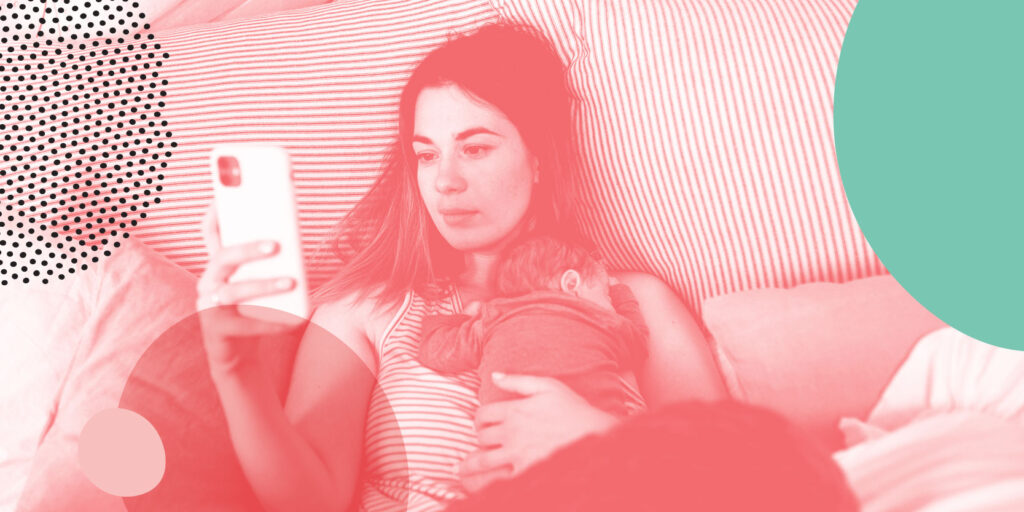Finding Your People in Postpartum: Why Connection is Everything
The Hidden Isolation of New Motherhood
Birth Trauma and Mental Health: You’re Not Imagining It
- 1 in 3 mothers experience some form of birth trauma
- 1 in 5 will experience a perinatal mental health condition such as postnatal depression or anxiety
- Many more suffer silently, unsure whether what they’re feeling is “normal”
Trauma doesn’t always look how we expect. You might have had a medically “successful” birth but felt ignored, violated or terrified. You might replay moments in your head over and over. You might feel disconnected from your baby, your body, or your own identity All of this can be made harder by the silence surrounding it.
Real Talk - We Need Each Other
In a world that pushes independence, motherhood reminds us of something deeper – we are wired for connection.
Having other mums around who are going through a similar season can be a game changer. There’s something uniquely powerful about sitting across from someone who gets it—who also hasn’t showered in days, who knows the sting of 2am feeds, who understands the guilt and the love and the exhaustion.
That’s where the idea of “postpartum speed dating” comes in—not in the literal sense, but as a lighthearted reminder that it’s okay to actively seek out new connections in this season. You need more than just a support system – you need your people.
So go to that mum’s group, even if it feels awkward. Say yes to the playdate. Strike up a conversation at the park. DM the mum who posted something that resonated with you. Be brave enough to open up and vulnerable.
Because real friendships in motherhood start when we stop pretending we have it all together.
Get Out of the House and get moving
Sometimes, the simple act of getting out of the house can shift your entire mood. Not because it fixes everything but because movement and fresh air, combined with human interaction, can help pull you out of that heavy mental fog.
Whether it’s attending one of our Wednesday Hervey Bay Mums Walking groups, a baby-friendly fitness class (Mums & Bubs Mat Reformer Pilates Program is coming up) , or just sitting at a café while your baby naps in the carrier, getting out breaks the cycle of isolation. It signals to your nervous system that you are safe, seen, and part of something bigger.
And even if you don’t talk to anyone that day, you’ll still have done something just for you
You Don’t Need to Be “Fixed” - You Need to Be Held
The truth is, most mothers aren’t looking for advice. They’re looking for empathy. A listening ear. A warm presence. A reminder that they’re not alone in the messiness.
You don’t need to become a “better mum.” You just need space to be yourself—a mum in transition, learning and healing and growing.
And often, the first step to healing is as simple (and as hard) as reaching out.
Final Thoughts: Let’s Normalise Needing Each Other
It’s okay if you’re not okay. It’s okay to ask for help. And it’s more than okay to want
connection.Let’s normalise the awkward coffee catch-ups with new mums. Let’s talk openly in safe spaces about birth trauma and mental health.
If you’re in the thick of postpartum and feeling isolated, know this:
🧡 There are other mums who feel just like you.
🧡 You are not weak for struggling.
🧡 You are allowed to prioritise your wellbeing.
🧡 You are worthy of connection—messy, real, honest connection. You don’t have to wait until things are perfect. Just take the first step. Get moving. Get out of the house. Find your people. You were never meant to do this alone.
